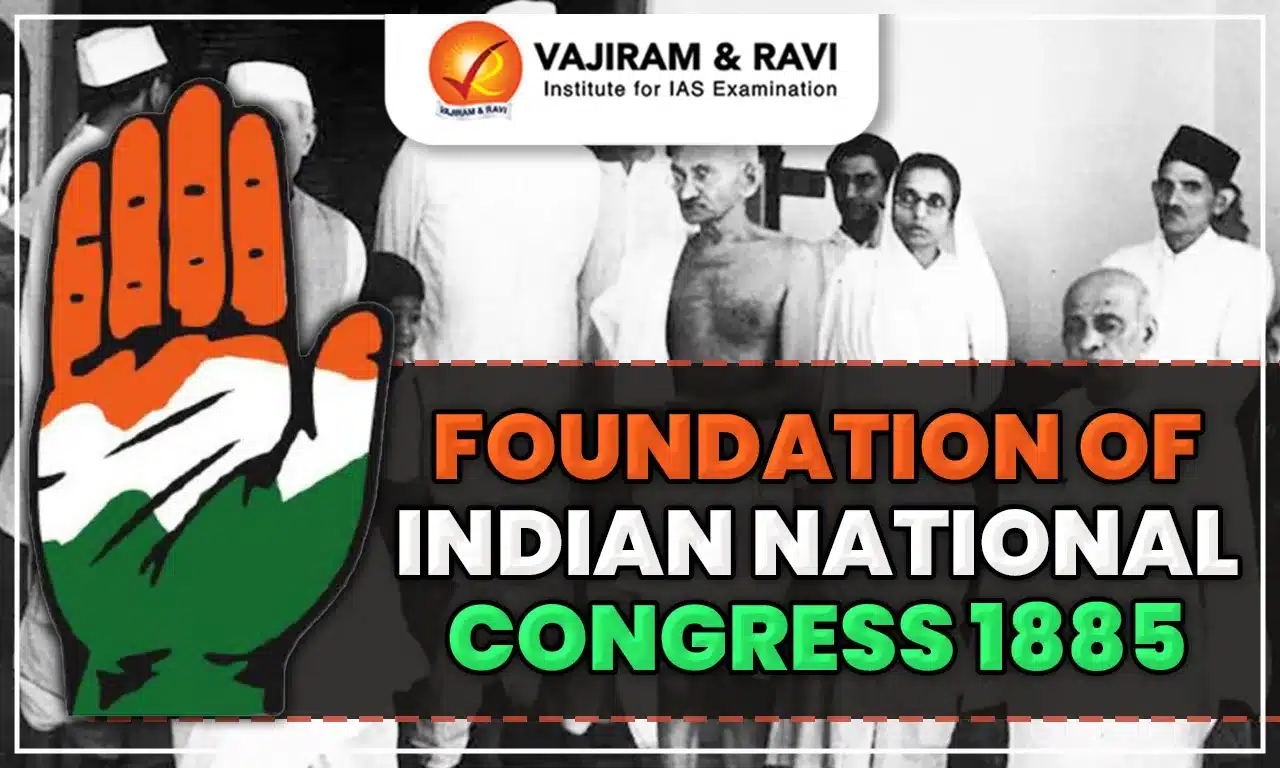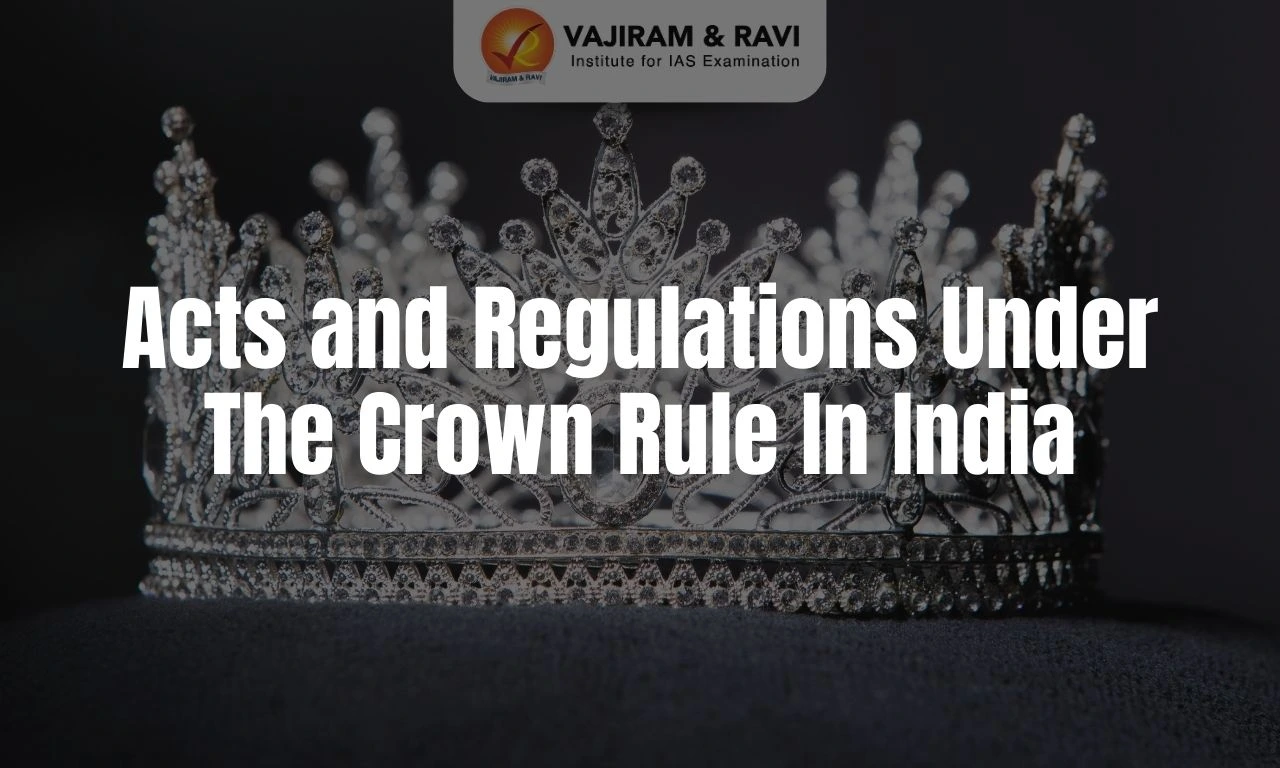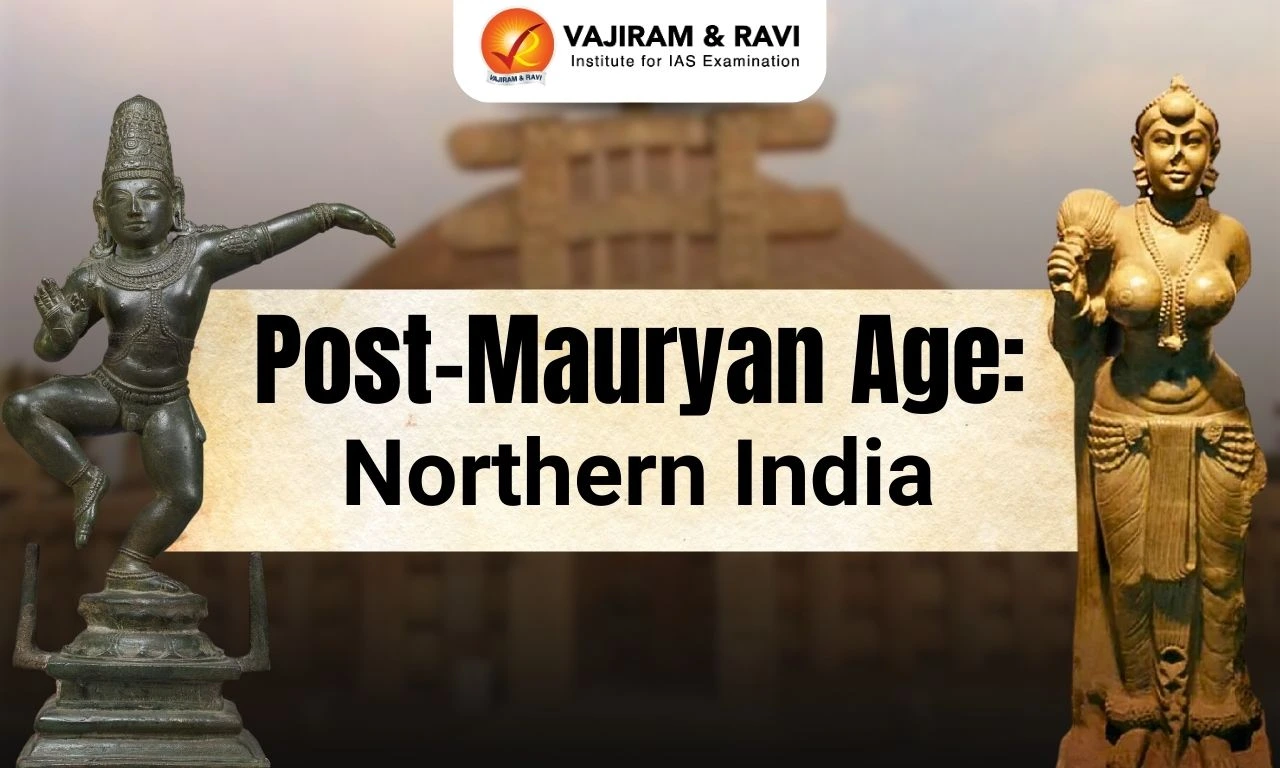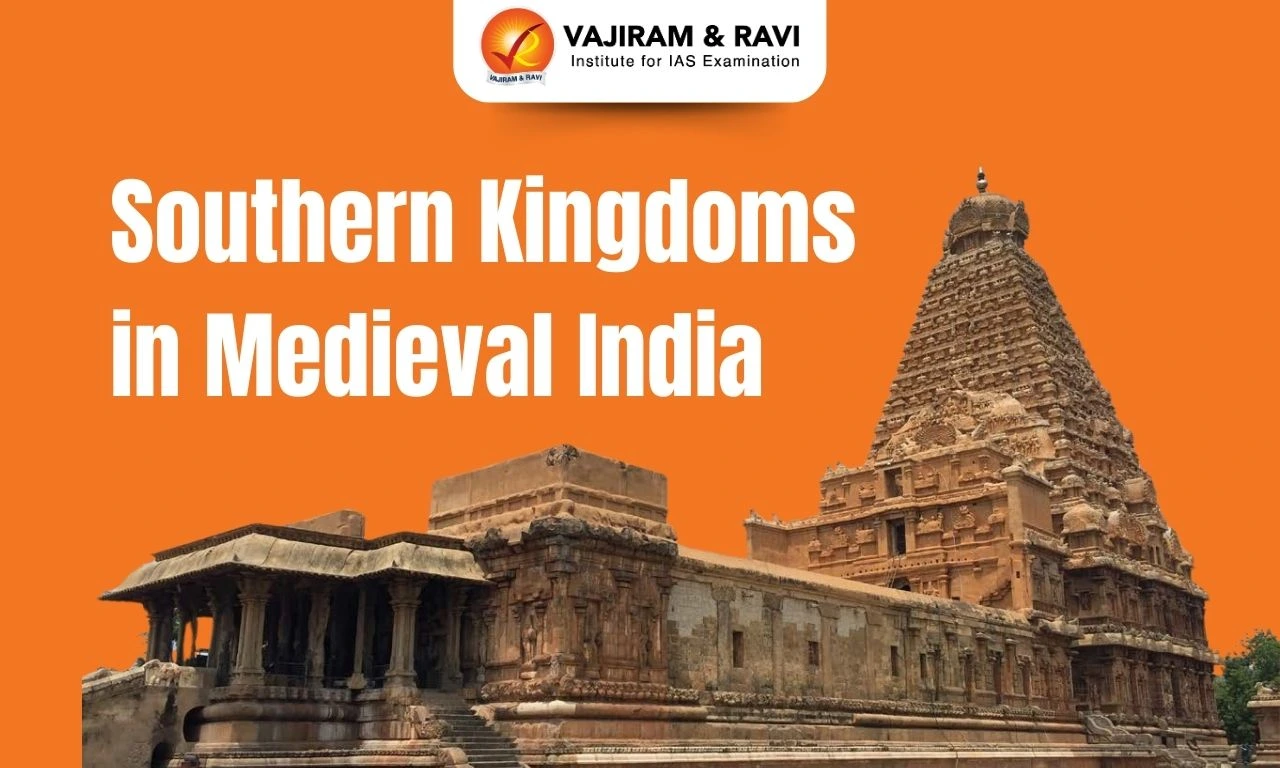The Foundation of Indian National Congress (INC) in 1885, stands as a cornerstone in India's fight for independence and has played a crucial role in shaping the country's political landscape. Before its inception, several socio-political movements and organizations laid the groundwork for the formation of the Indian National Congress.
Till 1947, there were numerous INC sessions (annual and special INC sessions) to discuss the political situation in the country and to pass resolutions on important issues. These INC sessions served as platforms for inclusive and collective decision-making and planning for the course of India's struggle for freedom. Foundation of the Indian National Congress
While many Indians had been contemplating the formation of an all-India organization for nationalist political activists, it was A.O. Hume, a retired English Civil Servant, who played a crucial role in giving the idea a concrete and definitive form. He engaged with prominent Indian leaders and collaborated with them to organize the inaugural INC session in Bombay in December 1885. Hume's primary intention in establishing and promoting this association was likely to provide a "safety valve" for the mounting discontent among educated Indians.
Initially, it was decided to hold a conference in the name of the Indian National Union to be held in Poona, but the venue was shifted to Bombay due to the cholera outbreak in Poona. The first meeting was held on Monday, 28 December 1885, in Gokuldas Tejpal Sanskrit College, Bombay.
- The aims and objectives of the Congress were defined very clearly by the 1st President of INC, W. C. Bonnerjee. He described the objectives as:
- Promotion of personal intimacy and friendship amongst the countrymen
- Eradication of all possible prejudices relating to race, creed or provinces
- Consolidation of sentiments of national unity
- Recording of the opinions of educated classes on pressing problems of the day
- Laying down lines for future courses of action in the public interest
- Participation:
- The dominance of lawyers within Congress is a commonly made argument. Notably absent were members of the old aristocracy, such as Rajas, Maharajas, prominent Zamindars, and wealthy merchants, as they perceived a threat from the emerging liberal and nationalist ideas.
- Similarly, the Congress did not attract a significant following from peasants or artisans.
Theories related to Foundation of Indian National Congress
The Indian National Congress holds a crucial place in India's history, and as a result, contemporary opinions and subsequent historians have often pondered the factors that led to its establishment. Even a hundred years after its inception, this matter remains a subject of ongoing discussion among historians.
Safety Valve Theory
The theory posits that Hume founded the Congress with the expectation that it would function as a "safety valve" for the escalating discontent among Indians. This notion was endorsed by extremist leaders, including Lala Lajpat Rai.
Conspiracy Theory
Rajani Palme Dutt is credited with originating the Conspiracy Theory, which emerged from the 'safety valve' concept. According to Dutt, the INC was born from a conspiracy to quash a popular uprising in India, and he believed that the bourgeois (middle-class) leaders of India were also involved in this scheme.
Lightning Conductor Theory
- Gopal Krishna Gokhale proposed the "lightning conductor theory," suggesting that the INC was an expression of politically conscious Indians' aspiration to form a national entity representing their political and economic demands.
- Modern Indian historians believe that the early Congress leaders utilized Hume as a "lightning conductor" to act as a catalyst, uniting nationalist forces, even if the facade of a "safety valve" was maintained.
Important INC Sessions
Initially, the Congress lacked strong cohesion, regular membership, or a central office, and its views were mild and moderate. But ultimately leading to the realisation of India's aspirations for freedom, sovereignty, and self-reliance within about sixty years. Following are the significant INC sessions, their Presidents and outcome:
| Important INC Sessions | |
|
Year: 1885 Place: Mumbai |
- President: Womesh Chandra Bonnerjee - Outcomes: Formation of Indian National Congress
- Viceroy- Lord Dufferin |
|
Year: 1886 Place: Calcutta |
- President: Dadabhai Naoroji - Outcomes:
|
|
Year: 1887 Place: Madras |
- President: Badruddin Tyabji - Outcomes:
|
|
Year: 1888 Place: Allahabad |
- President: George Yule - Outcomes:
|
|
Year: 1889 Place: |
- President: Sir William Wedderburn - Outcomes:
|
|
Year: 1901 Place: Calcutta |
- President: Dinshaw Eduljee Wacha - Outcomes
|
|
Year: 1905 Place: Banaras |
- President: Gopal Krishna Gokhale - Outcomes:
|
|
Year: 1906 Place: Calcutta |
- President: Dadabhai Naoroji - Outcomes:
|
|
Year: 1907 Place: Surat |
- President: Rash Behari Ghosh - Outcomes:
|
|
Year: 1916 Place: Lucknow |
- President: Ambica Charan Mazumdar - Outcomes:
|
|
Year: 1917 Place: Calcutta |
- President: Annie Besant - Outcomes:
|
|
Year: 1920 Place: Calcutta (special INC session) |
- President: Lala Lajpat Rai - Outcomes:
|
|
Year: 1920 Place: Nagpur |
- President: C. Vijayaraghavachariar - Outcomes:
|
|
Year: 1923 Place: Delhi (special INC session) |
- President: Maulana Mohammad Ali (youngest person to become president) - Outcomes:
|
|
Year: 1924 Place: Belgaum |
- President: M.K. Gandhi - Outcomes:
|
|
Year: 1925 Place: Kanpur |
- President: Sarojini Naidu - Outcomes:
|
|
Year: 1929 Place: Lahore |
- President: Jawaharlal Nehru - Outcomes:
|
|
Year: 1931 Place: Karachi |
- President: Vallabbhai J. Patel - Outcomes:
|
|
Year: 1936 Place: Lucknow |
- President: Jawaharlal Nehru - Outcomes:
|
|
Year: 1937 Place: Faizpur |
- President: Jawaharlal Nehru - Outcomes:
|
|
Year: 1938 Place: Haripura (Gujarat) |
- President: Subhas Chandra Bose - Outcomes:
|
|
Year: 1939 Place: |
- President:Subhash Chandra Bose - Outcomes:
|
|
Year: 1946 Place: Meerut |
- President: J.B. Kripalani - Outcomes:
|
|
Year: 1948 Place: Jaipur |
- President: B. Pattabhi Sitaramayya - Outcomes:
|
Last updated on December, 2025
→ Check out the latest UPSC Syllabus 2026 here.
→ Join Vajiram & Ravi’s Interview Guidance Programme for expert help to crack your final UPSC stage.
→ UPSC Mains Result 2025 is now out.
→ UPSC Notification 2026 is scheduled to be released on January 14, 2026.
→ UPSC Calendar 2026 is released on 15th May, 2025.
→ The UPSC Vacancy 2025 were released 1129, out of which 979 were for UPSC CSE and remaining 150 are for UPSC IFoS.
→ UPSC Prelims 2026 will be conducted on 24th May, 2026 & UPSC Mains 2026 will be conducted on 21st August 2026.
→ The UPSC Selection Process is of 3 stages-Prelims, Mains and Interview.
→ UPSC Result 2024 is released with latest UPSC Marksheet 2024. Check Now!
→ UPSC Prelims Result 2025 is out now for the CSE held on 25 May 2025.
→ UPSC Toppers List 2024 is released now. Shakti Dubey is UPSC AIR 1 2024 Topper.
→ UPSC Prelims Question Paper 2025 and Unofficial Prelims Answer Key 2025 are available now.
→ UPSC Mains Question Paper 2025 is out for Essay, GS 1, 2, 3 & GS 4.
→ UPSC Mains Indian Language Question Paper 2025 is now out.
→ UPSC Mains Optional Question Paper 2025 is now out.
→ Also check Best IAS Coaching in Delhi
Foundation of Indian National Congress FAQs
Q1. What is the Indian National Congress?+
Q2. Who was A. O. Hume, and what was his role in the Indian National Congress?+
Q3. What is meant by Purna Swaraj? +
Q4. Why was the National Planning Committee established? +
Q5. Which INC session was presided by MK Gandhi? +

















